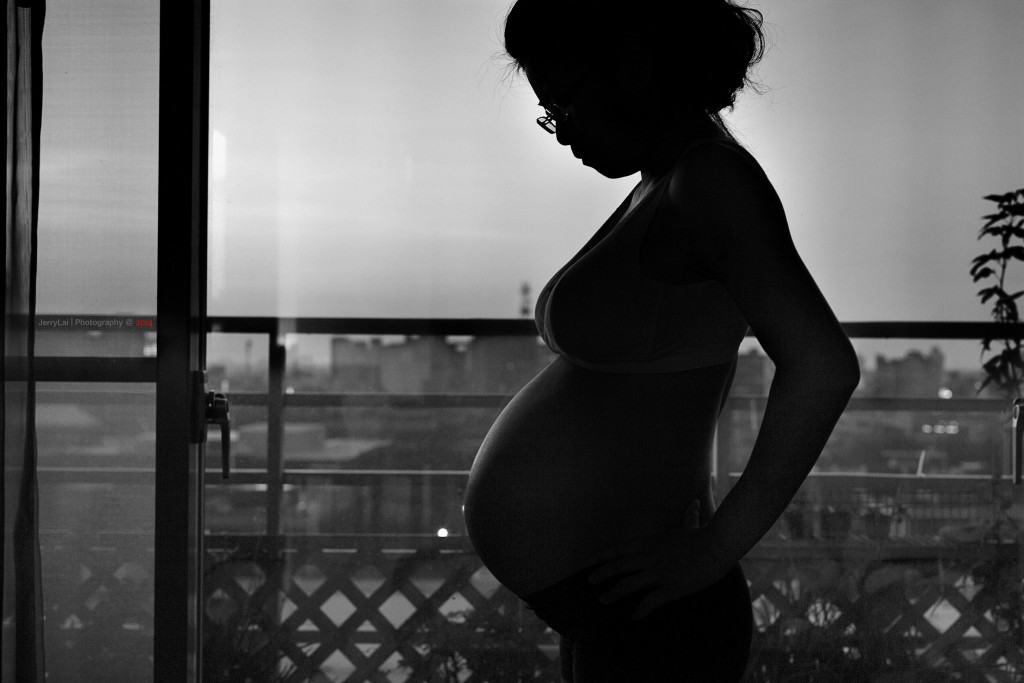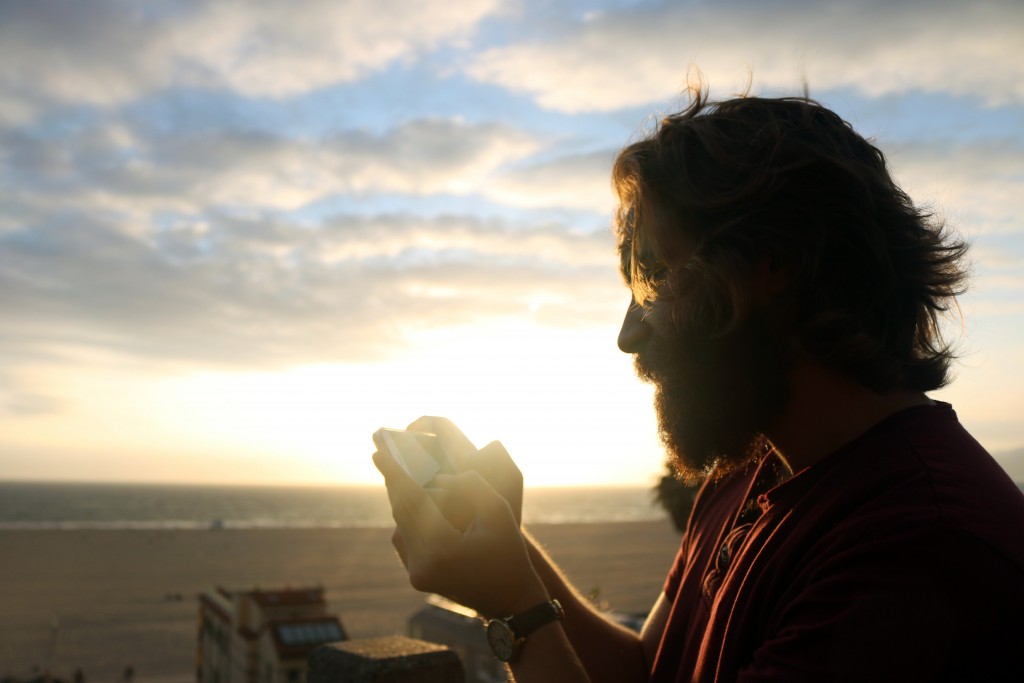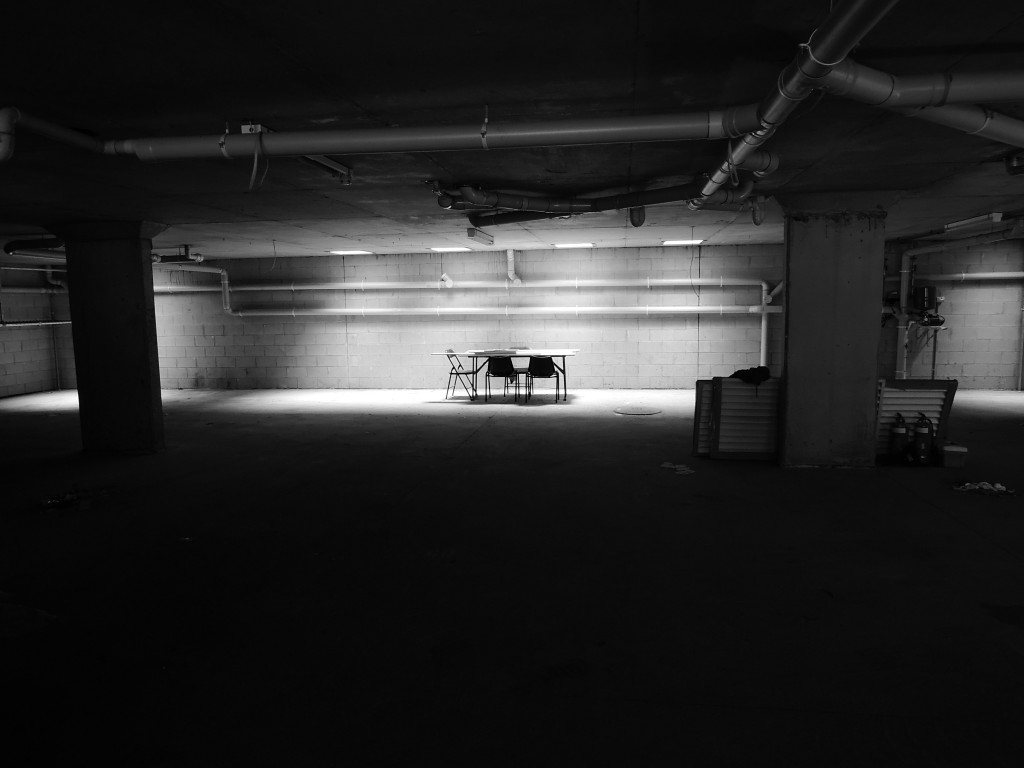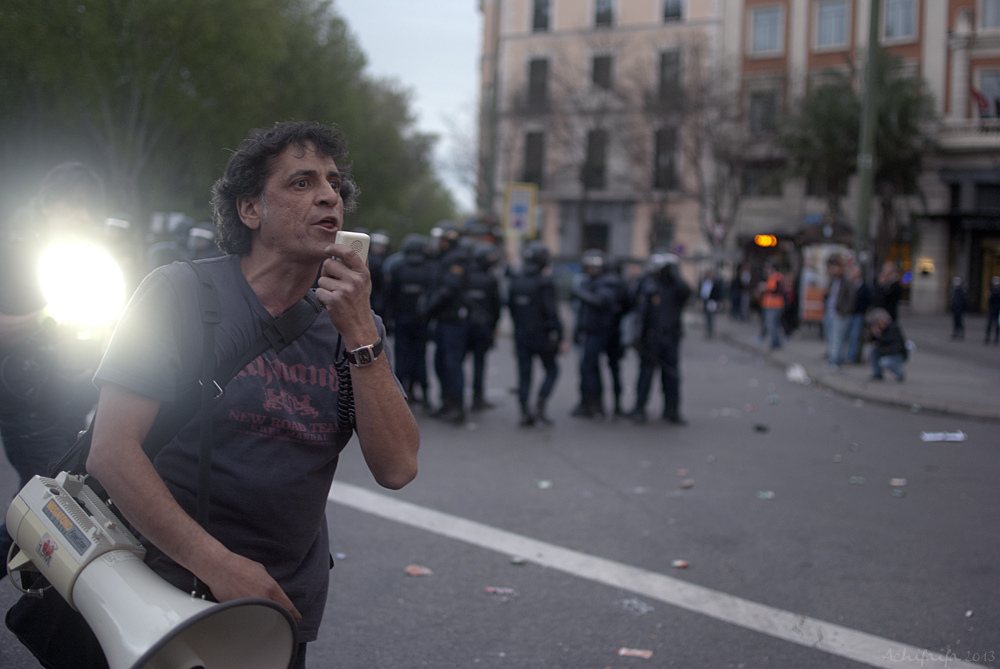We’re exploring five cases where the press used human rights to defend their right to freedom of expression.
Sunday Times v UK [1979]

Thalidomide was a drug taken by many pregnant women to alleviate the effects of morning sickness. However, the drug was found to cause serious birth defects to newborn babies. The Sunday Times launched a newspaper campaign for the victims of Thalidomide.
However, the Attorney General – the Government’s chief legal adviser – blocked the paper from publishing an article, on the basis that it would unfairly influence the ongoing legal proceedings. The European Court of Human Rights (ECHR) ruled that the ban violated the paper’s right to freedom of expression. There was a major public interest in the case and the public had a right to be informed.
Goodwin v UK [1996]

William Goodwin, a journalist, was phoned by an anonymous source. The source gave Goodwin confidential information about the severe financial troubles of a company. Goodwin wrote an article on the company – however, the court stopped it from being published.
The court also ordered Goodwin to reveal his anonymous source. Goodwin refused, and was fined £5,000 for his actions. Goodwin took his case to the ECHR. The European court decided that his right to freedom of expression had been violated.
As a basic condition of press freedom, there was a strong public interest in protecting a journalist’s secret sources.
The Observer and The Guardian v United Kingdom [1992]

A former British spy, Peter Wright, wrote a controversial book of memoirs about his time in MI5. The book was called “Spycatcher” and was due to be serialised in newspapers. The British government tried to stop the book being published in the UK and Australia, on the basis that Wright had violated the duty under his employment contract to keep state secrets confidential. However, the book was published in the USA in July 1987.
The government continued their attempts to gag the book.
The ECHR ruled that Wright had breached his duty to keep state secrets confidential. However, the court also ruled that once the book was published in the USA, it had become public knowledge and so any potential damage to national security had already been done. Therefore, the government’s attempts to keep banning the book were excessive and violated the papers’ right to freedom of expression.
In re Attorney General’s Reference (No. 3 of 1999) [2008]
Wendell Baker was controversially acquitted of raping Hazel Backwell in 1999. Under an old law called double jeopardy, he could not be tried twice for the same crime. But in 2005, the double jeopardy laws were reformed.
The BBC produced a documentary on potential cases that could be retried. The BBC was initially blocked by the Court of Appeal from revealing Baker’s identity, on the basis that it would unfairly prejudice any future retrial. However, the House of Lords overturned the court’s decision.
Baker’s acquittal was of major public interest and the documentary could not be effective if his identity was not revealed. In this particular case, the press’ right to freedom of expression prevailed over a person’s right to protection of reputation. Baker was retried for his crimes and convicted in 2013.
Guardian News and Media Ltd v AB CD [2014]

Two men suspected of terrorism offences in the UK were put on trial. The Crown Prosecution Service (CPS) wanted to have the entire criminal trial held in secret in the interests of national security. This meant that the public and media would be banned from attending or reporting the trial. Moreover, the names of the suspects would be hidden. A number of media organisations, including The Guardian, challenged the CPS’s decision.
The court decided that the whole trial could not be made public in the interests of national security. However, the court ruled that – in the interest of open justice – some aspects of the trial had to be publicised. The names of the accused were revealed. A limited number of journalists were allowed to report on the trial. Furthermore, the opening speeches and verdicts had to be revealed.
To find out more, read our full explainer on the Sunday Times case, our poster on freedom of expression, and our story on an important open justice case.
Featured image © Yuri Numerov, used under Creative Commons Attribution-NonCommercial-NoDerivs 2.0 Generic Licence. First image © Jerry Lai , used under Creative Commons Attribution-ShareAlike 2.0 Generic Licence.








